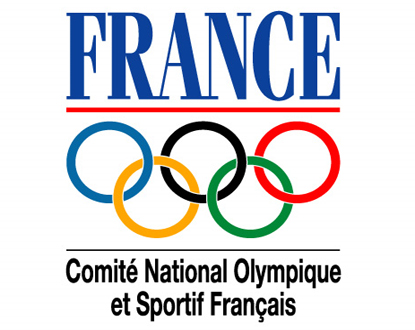The London Olympics have just ended, and it’s already time for assessments and future prospects. This is what the Minister of Sports, Valérie FOURNEYRON, intended by extending her most sincere and heartfelt congratulations to all the French teams who proudly represented the tricolor flag during the Summer Games of the XXX Olympiad.
“The athletes’ performances have highlighted the excellence of the work done by all the technical staff and medical teams working within the federations, at INSEP (National Institute of Sport, Expertise, and Performance), and within the CREPS (Centers for Resources, Expertise, and Sports Performance) network to develop the elite career paths of French athletes,” said the Minister.
To continue and conclude: “A necessary analysis and reflection work will be undertaken in the coming weeks with all stakeholders of the sports movement to learn lessons from both successes and failures and to build on the experiences of this fortnight of the Olympics. In consultation with the sports management, the CNOSF (French National Olympic and Sports Committee), national federations, INSEP, the network of CREPS, and local communities, the French sports network will continue its work of pooling resources to serve the performance and life project of elite athletes to ‘build’ future Olympic podiums.”
With eleven titles obtained compared to seven in Beijing, and a total of 34 medals (11 silver and 12 bronze), France ranks 7th in the medal standings, an improvement of 3 places compared to the 2008 edition. Thus, it confirms its position in the TOP 10 of Olympic nations, a position it has not left since the Seoul Games in 1988.
Aside from the raw medal count, there are many reasons for satisfaction for the French delegation.
The tricolor flag flew at numerous Olympic sites, with 14 medal-winning disciplines—Shooting, Judo, Canoe-Kayak, Swimming, Rowing, Athletics, Tennis, Cycling, Sailing, Gymnastics, Wrestling, Taekwondo, Basketball, Handball—out of the 24 committed. This result validates France’s strategy of investing in high-level performance across all disciplines and not focusing resources on a few sports to the detriment of others. It is thus among the few nations excelling in such a wide array of disciplines.
French women’s sports showcased their best attributes in London, with 15 medals for the French women (nearly half of the tricolor medals) and no less than 4 titles out of 11, thanks to the Olympic victories of Camille MUFFAT, Lucie DECOSSE, Emilie FER, and Julie BRESSET. Of the 41 medals won in Beijing, only 5 were by female athletes. The women’s results are excellent news and will help boost the practice of women’s sports in our country.
With their strong sense of teamwork, solidarity, and spirit throughout the fortnight, the French team were the best ambassadors of the message conveyed to youth by the London Games “Inspire a Generation.” They wore the national team’s jersey with pride and humility and served as outstanding examples for our youth.
Another reason for satisfaction: a new generation of champions confirmed their talent. Of the 34 French medals, 16 were awarded to athletes for whom it was their first participation in the Olympic Games.
Prospects and Perspectives
As France prepares to cheer its 164 athletes selected for the Paralympic Games (from August 29 to September 9), attention is turning towards Sochi 2014 and Rio 2016, and future Olympiads.
The performances of the tricolor athletes in England open new perspectives for the future.
The multi-annual objective agreements of the next Olympiad will be based on setting shared objectives, situated at the intersection of ministerial priorities and the project of each federation. A dialogue will be conducted with them to identify indicators to measure the effectiveness of their sports policy and to assist them in implementing their roadmap and strengthening the status of high-level athletes by expanding their social rights, as well as their rights concerning training and professional integration.


